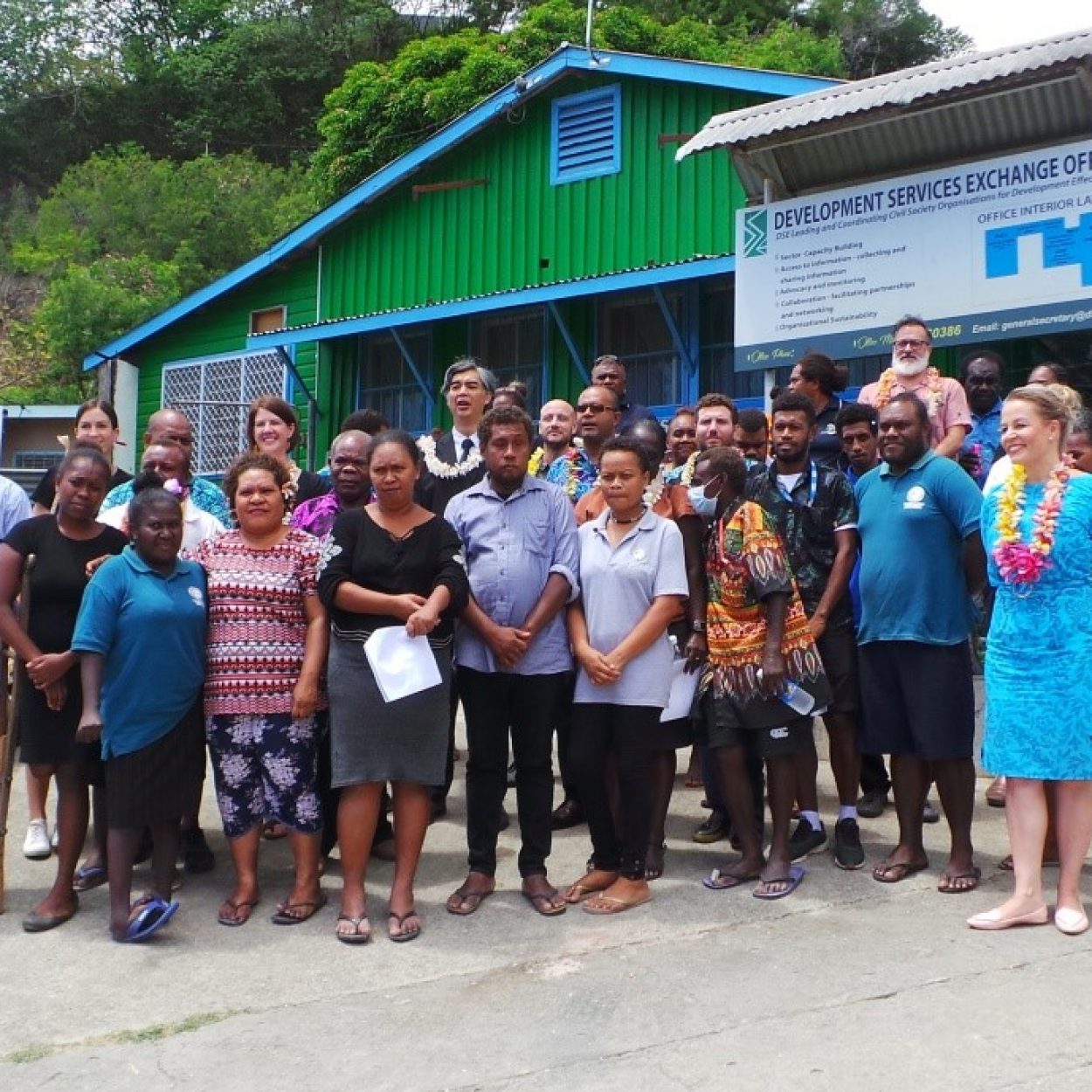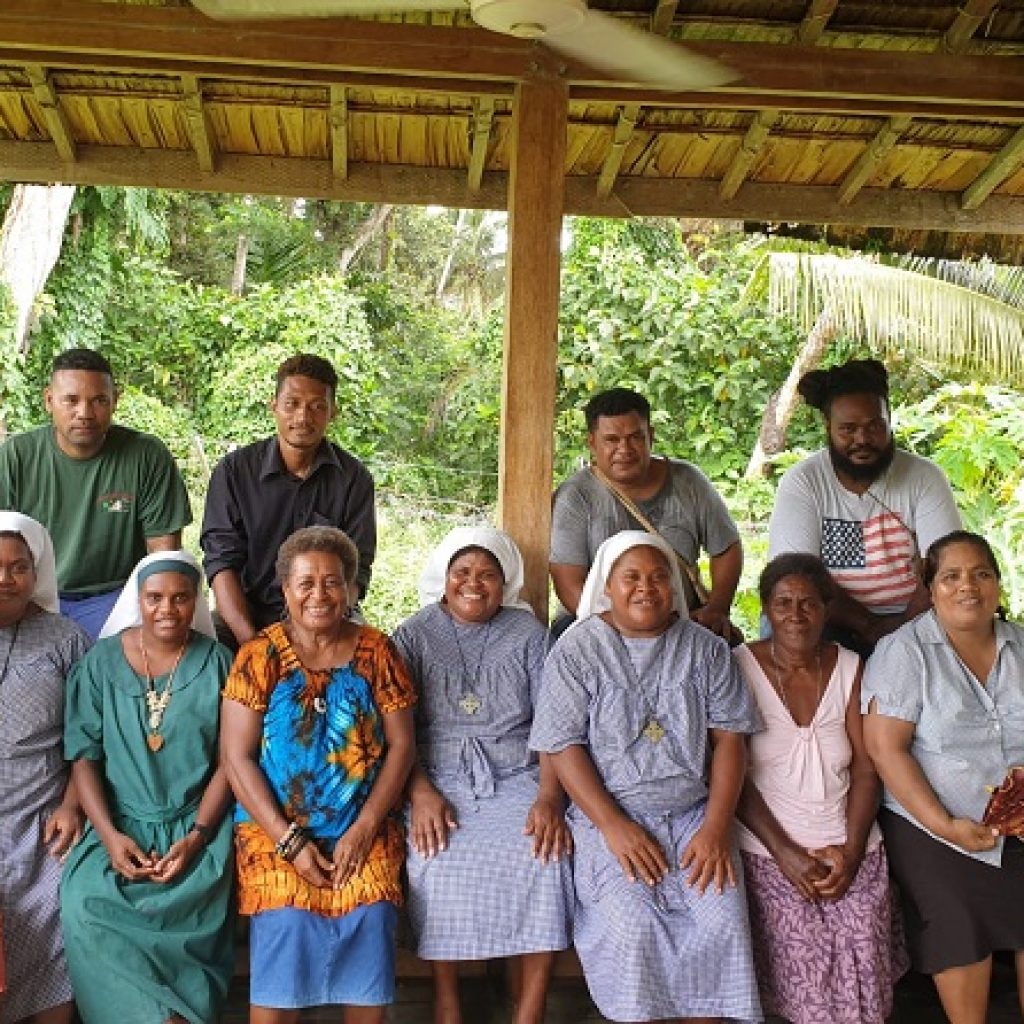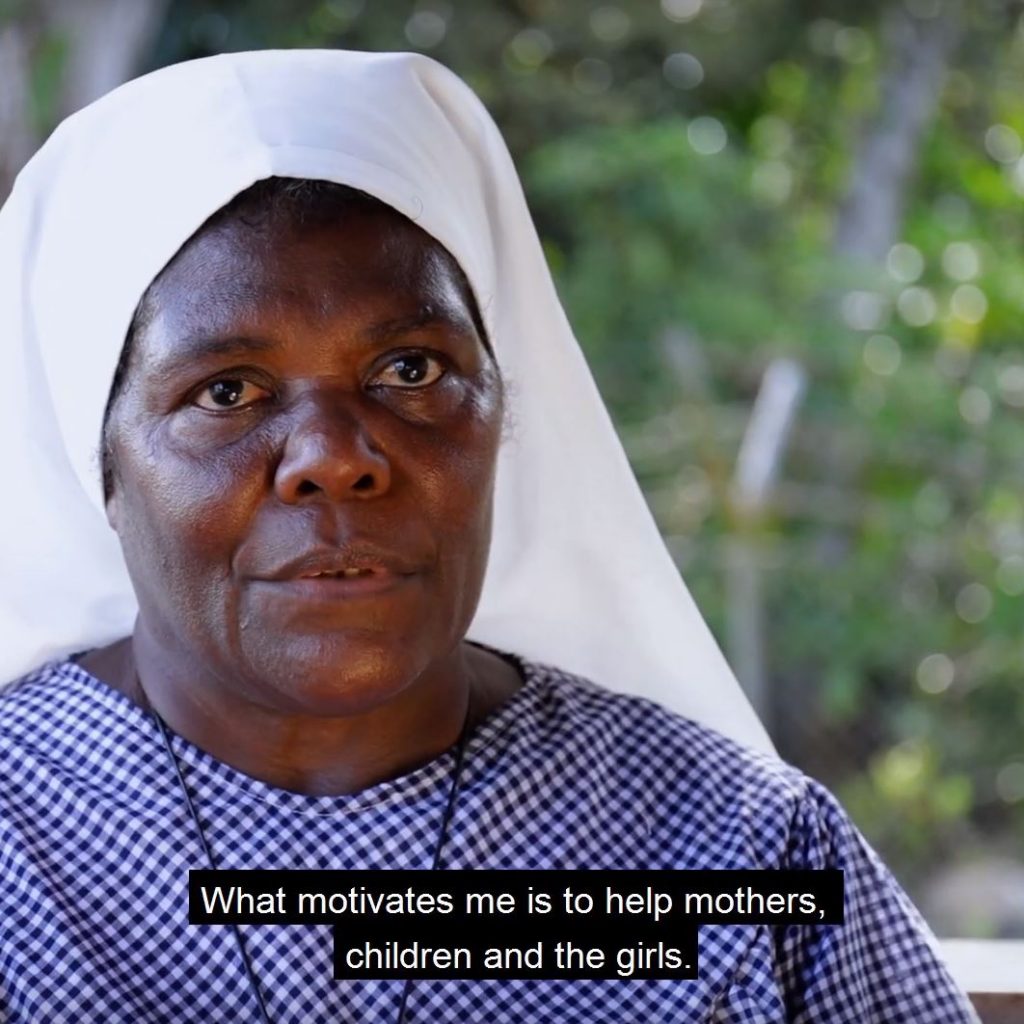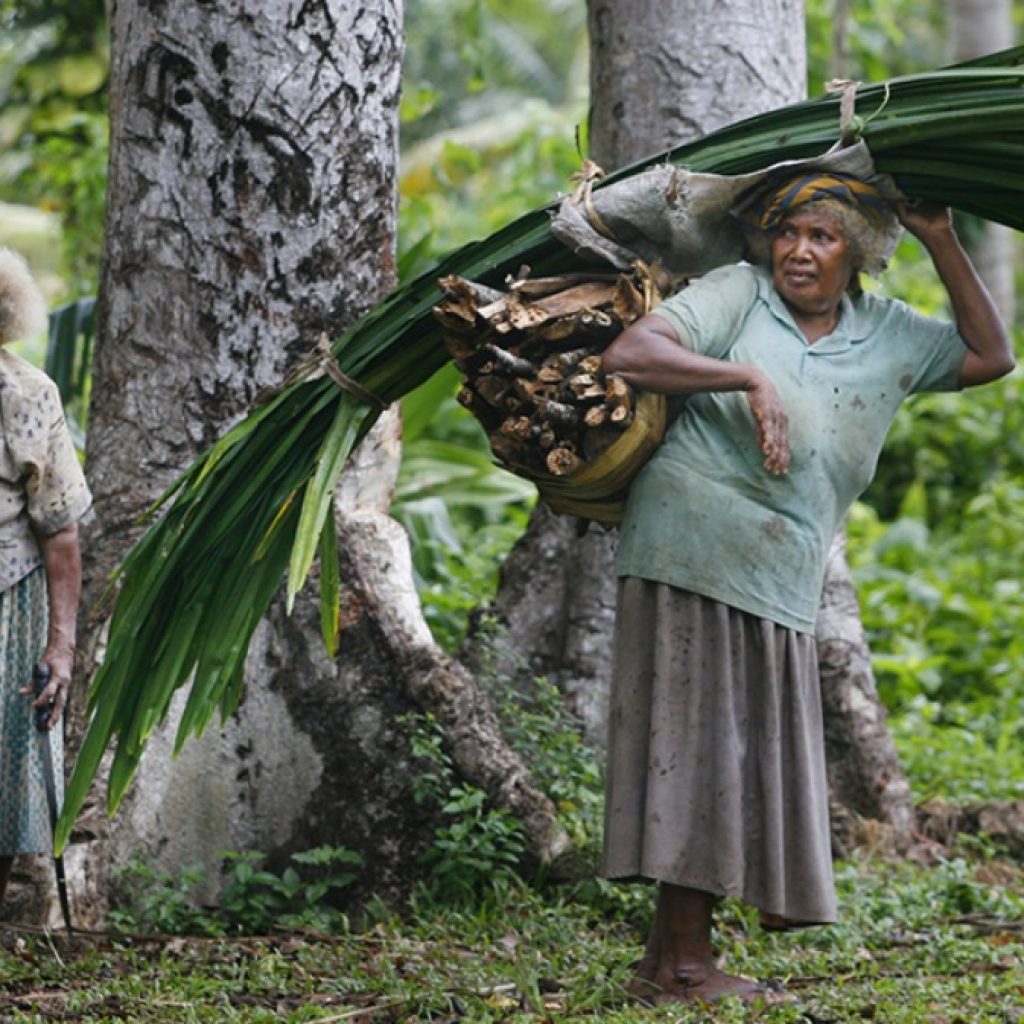
10 things you probably don’t know about Solomon Islands
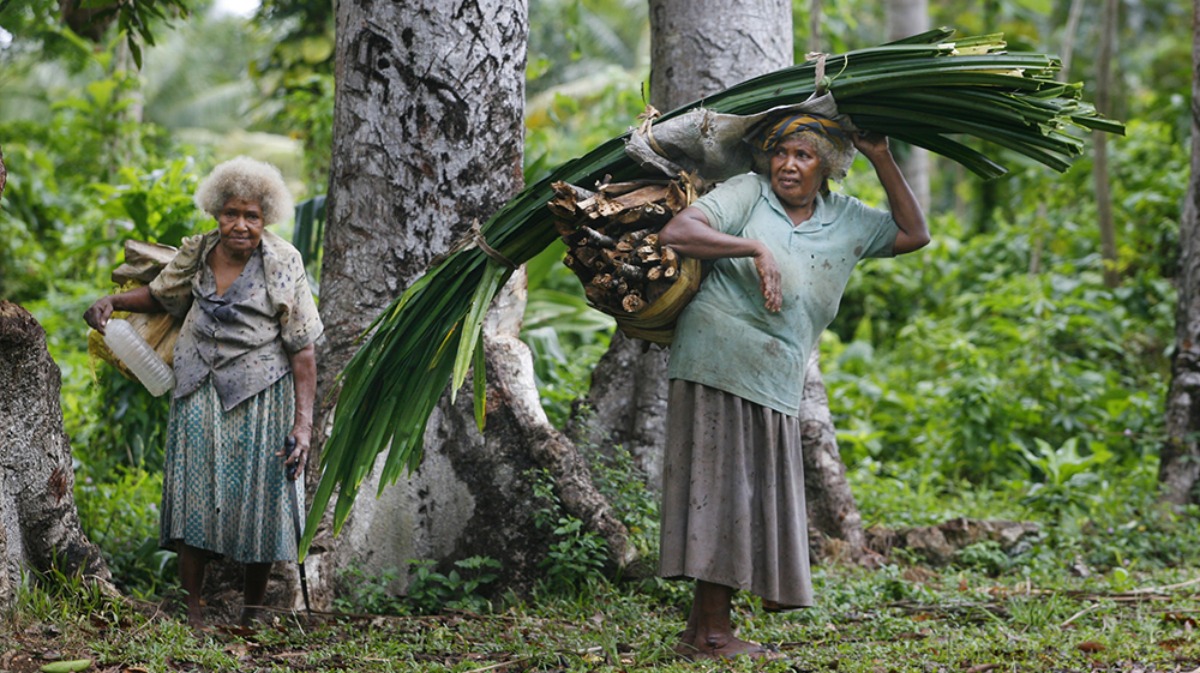
Australia is one of the many countries that make up the Asia Pacific region, a diverse part of the world ranging from island archipelagos, snow-capped mountain villages, and lush rainforests to huge cities, bustling streetscapes and religious meccas. But beneath the Lonely Planet blurbs and holiday snaps is a region rich in complexity. This six-part series will examine the countries we work in on a level you might not often be exposed to.
Despite being close neighbours to Australia, Solomon Islands is still a nation that we don’t hear about very often. What we do read is normally about welcoming islands, top-tier diving and an untouched natural abundance. This is all true – but there is so much more to this archipelago than meets the eye.
Here are 10 things you probably don’t know about the Solomon Islands.
1. The country is made up of nearly 1000 islands
Like many countries in the Pacific, the Solomon Islands is an archipelago made up of nearly a thousand islands. Six major islands and around 990 smaller ones are included in this, and while 90% of islanders identify as ethnically Melanesian, there is a rich variance in cultural practices between islands and communities. Almost 80 different languages are spoken, and despite many shared values, the geographic isolation of many of the islands has led to distinct nuances in culture.
2. Most people live in rural areas
The overwhelming majority of the population lives a semi-subsistence lifestyle in rural areas, with little direct contact with state institutions. 80% of Solomon Islanders live in rural locations, but support services are concentrated in the capital of Honiara. Travel between these islands is rough, time-consuming and expensive, which means that the majority of the population may be cut off from accessing basic services.
3. The majority of women are employed in the informal sector
With the majority of the country’s population living in coastal or island communities and few formal job opportunities, villagers rely mainly on fishing, trade and subsistence agriculture for their food security and livelihoods – industries which largely operate in the informal sector. 60% of women are employed compared to 72% of men, and of these women, more than three quarters are in the informal sector. The informal economy is made up of economic activity that falls outside government regulation or protection. This means there are few legal mechanisms in place protecting rights to decent and dignified work.
4. Representation of women in Parliament is among the lowest in the world
The Pacific as a region has the lowest rates of women’s political participation in the world, and Solomon Islands is no exception. Solomon Islands has had only three women parliamentarians since independence in 1978. Currently, there is only a single women among 50 Members of Parliament. Women candidates face many barriers, including a lack of money and support, as well as institutional and societal stigma surrounding women’s ability to lead. There are no female High Court judges and no female leaders amongst the justice agencies.
5. Ethnic armed conflict is a recent part of their history
Solomon Islands is in a process of transition out of conflict after ethnic tensions and armed conflict took place in Solomon Islands between 1998 and 2003. The origins of the conflict are largely defined as tensions that ignited between militant organisations the Isatabu Freedom Movement and the Malaita Eagle Force, two ethnic groups from two of the nation’s largest islands. By the end, the conflict resulted in 150-200 deaths, extensive rape and sexual assault, approximately 450 gun-related injuries, and more than 35,000 internally displaced persons.
6. Banks aren’t available for most of the population – but women are changing this
Access to essential financial services like banks, loans and savings accounts are critical to giving women autonomy over their own money. But in Solomon Islands, these services are only available on the main island. For most people, getting to a bank can take up to a day of expensive, rough sea travel. With no access to their own savings accounts, women in Solomon Islands can be left dependent on their partner, and have little control over where their money is spent. IWDA partner West ‘Are ‘Are Rokotanikeni Association is a women-led, volunteer run savings club in the Solomon Islands that gives women a space to come together, learn more about managing finances, and store their savings safely.
7. Customary traditions are still used to control women
Gender relations are heavily male-dominated and customary norms are still invoked in relation to issues such as men and women’s control over family decisions, land rights and marriage and bride price. Customary gender roles are often used to justify the notion that women are inferior to men, and that men’s oppressive behaviour and violence is acceptable. These inequalities do not stem solely from traditional customs and systems, but have been reinforced, to some extent, by colonial and religious systems.
8. There have recently been some huge wins for women’s rights
In the past few years significant achievements have been made within the Solomon Islands Government to bring their legal frameworks in line with international human rights standards. Perhaps most excitingly, in 2016, Solomon Islands launched its first ever Family Protection Act. For the first time, domestic violence is explicitly outlawed. Previously, the only option for women who experienced physical or sexual violence was to charge their partners with assault. If the violence wasn’t physical, it was impossible to prosecute. This is an encouraging step towards an enabling environment for women’s human rights and gender equality in Solomon Islands.
9. In 2017, the Australian-led peacekeeping mission officially left the Solomon Islands
In the wake of armed conflict, an Australian-led peacekeeping mission began in the Solomon Islands in 2003, at the request of the Solomon Islands Government. Last month, after a 14 year presence, the Regional Assistance Mission to Solomon Islands (RAMSI) officially ended. The mission aimed to stabilise the country, support the Government to rebuild and provide resources and aid. June 29th is now a public holiday, and the country is once again officially an independent sovereign state with its eyes on sustainable peace.
10. The women’s rights movement is rapidly expanding
Recent years have been huge for the women’s rights movement in Solomon Islands. In November 2016, six women’s organisations came together to organise Solomon Islands’ first ever Women’s Forum, organised by and for Solomon Islands women. The Forum, supported by IWDA, brought together over 65 women of all ages from the nine Provinces of Solomon Islands for a five-day long event. The aims were to foster solidarity amongst women, jointly identify and prioritise the key issues faced by women in the country, and strengthen the women’s movement in Solomon Islands. IWDA was proud to support the forum, and the wonderful work the extended women’s movement are doing to advance women’s rights.
